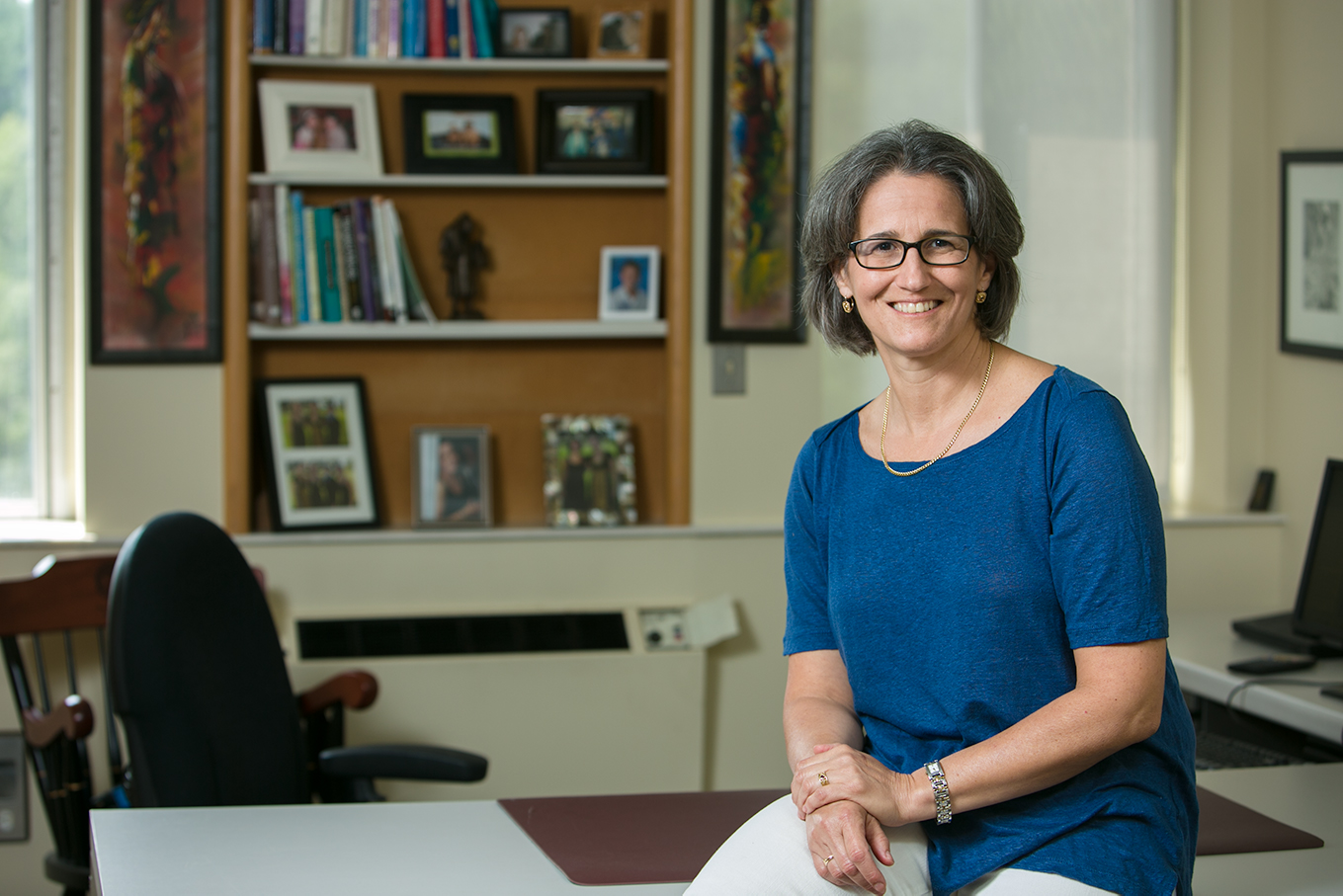PROVIDENCE, R.I.[Brown University] — The National Institute on Aging (NIA) has awarded a five-year grant expected to total $53.4 million to Brown University and Boston-based Hebrew SeniorLife (HSL) to lead a nationwide effort to improve health care and quality of life for people living with Alzheimer’s disease and related dementias, as well as their caregivers.
Together, the institutions will create a massive collaborative research incubator to develop trials aimed at evaluating interventions for Alzheimer’s disease or Alzheimer's-related dementia (AD/ADRD).
“This grant will revolutionize the national infrastructure for research into how care is delivered to people living with dementia and their caregivers,” said Vincent Mor, co-leader of the collaboration and a professor of health services, policy and practice at Brown’s School of Public Health. “The key is figuring out how to take an idea that worked in an ideal situation and adapt it so it can be piloted in the messy real-world system of care providers that exists across the U.S.”
The grant from NIA, one of 27 institutes and centers of the National Institutes for Health, will support the incubator for the next five years. For Brown, the grant marks the largest federal award in University history.

The research incubator, called the NIA Imbedded Pragmatic AD/ADRD Clinical Trials (IMPACT) Collaboratory, will take on two primary objectives through eight working groups comprising experts from more than 30 top research institutions. The first objective is to fund and provide expert assistance to up to 40 pilot trials that will test non-drug, care-based interventions for people living with dementia. The second objective is to develop best practices for implementing and evaluating interventions for Alzheimer’s and dementia care and share them with the research community at large.
“The NIA IMPACT Collaboratory will transform the delivery, quality and outcomes of care provided to Americans with dementia and their caregivers by accelerating the testing and adoption of evidence-based interventions within health care systems,” said Dr. Susan Mitchell, co-leader of the collaboration, senior scientist at HSL’s Hinda and Arthur Marcus Institute for Aging Research and professor of medicine at Harvard Medical School.
The 40 pilot projects will be embedded in real-world health care systems and generate the necessary data to inform larger, definitive trials supported with federal funding, the researchers said.
Projects will benefit from guidance from the collaboratory’s community of experts, who will assist with ethical concerns (such as how to secure informed consent from people living with dementia); technical support and generation of data on participant populations; statistics and project design; advice on how to measure patient- and caregiver-reported outcomes; dissemination of results and efforts to maximize the likelihood of implementation; partnering with health care systems interested in conducting trials; project administration; training for junior researchers; inclusion of and applicability to people of all backgrounds and cultures; and best practices to engage people interested in this work, including people living with dementia and their caregivers, health care systems and researchers.
Researchers at Brown and HSL have collaborated on aging research for nearly 40 years. Mor is renowned for his expertise in quality measurement and brings decades of experience running clinical trials focused on older adults within real-world health care systems, including skilled nursing centers. Mitchell, director of Palliative Care Research at the Marcus Institute and co-director of the Interventional Studies in Aging Center, has dedicated her career to research to improve the care of people living with dementia, particularly those in the later stages.
For the past four years, Mor and Mitchell have co-led a trial on the effectiveness of videos that guide patients through planning for care preferences to be employed when they become too incapacitated to make decisions. For that trial, they partnered with two large nursing center corporations.
